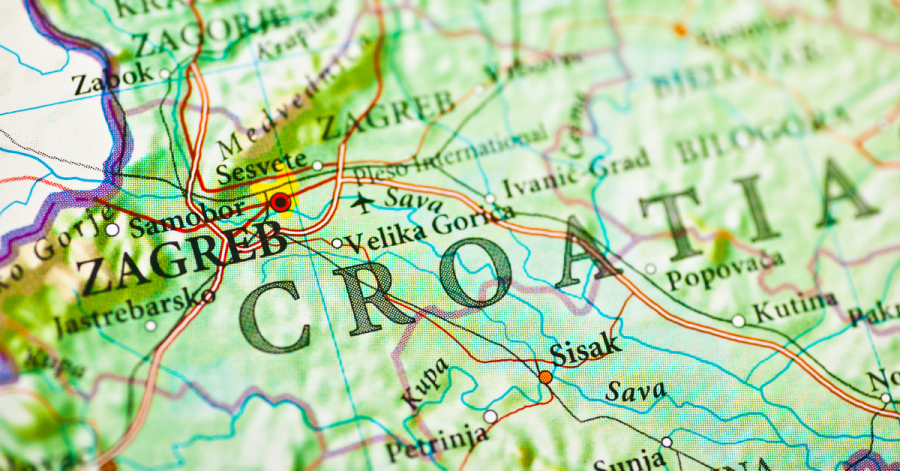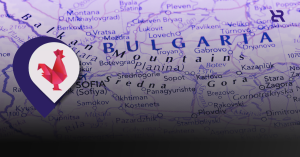Today, we will explore a place nestled along the Adriatic coast, a center for progress and technological advancements, birthplace of the renowned engineer and inventor Nikola Tesla.
In recent times, Croatia is a contemporary innovation hub, having an important place in the CEE ecosystem. Want to know how? Read below just a couple of key highlights, shaping the startup landscape.
Overview and Highlights
The country’s startup tech ecosystem has been growing and developing since the past couple of years. Despite its relatively small population, the country has one of the most developed IT industries in the region.
Croatia has positioned itself on a 48th place in the startup scene worldwide. Zagreb, the capital of Croatia, is evolving into a regional hub for startup activities. The Zagreb Innovation Center (ZICER) is a startup hub, supporting over 100 tech companies. Through assistance from the City of Zagreb, these startups receive support in infrastructure, research, sponsorship, promotion, and financing.
Important Milestones
Croatia ranks 11th in the world for unicorns, according to the World Intellectual Property Organization. In 2020, Infobip achieved billionaire valuation when it raised $200M from New York-based private equity firm One Equity Partners, making history by becoming the first Croatian unicorn.
Later on, in 2022, Croatia welcomed a new unicorn – the automotive company Rimac Automobili, after raising a €500M Series D round.
An impressive fact is that the valuation of Infobip and Rimac Automobili together makes up 4.1% of Croatia’s national GDP. For comparison, Croatia is one place ahead of China, where unicorns contribute 3.8% to its GDP.
Moreover, Infobip has played a key role in this development by aiding local startups through its Infobip Startup Tribe, initiated in 2021. This program offers growth tools, credit opportunities, and networking support.
Another successful company, Croatian-based math app Photomath, has been acquired by Google, marking it as one of the biggest deals in the region, valued at €500M.
The Broader Context
A recent report by Dealroom, highlights significant growth in Croatia’s startup sector over the last five years. Since 2019, the collective enterprise worth of the country’s tech startups has increased by 7.4 times, outpacing the growth rates of similar tech centers in the region such as Poland (2.4 times) and Estonia (1.8 times). The overall European growth stands at 2.1 times.
Educational Powerhouse
Croatia is becoming a more attractive location for international students. The University of Zagreb, Croatia’s largest university, is the second largest educational institute in Southeast Europe.
Croatia also launched an e-Schools project pilot in 2015, offering 150 schools with technological equipment and supporting resources.








